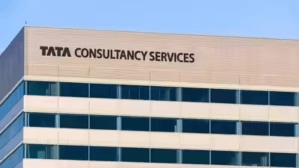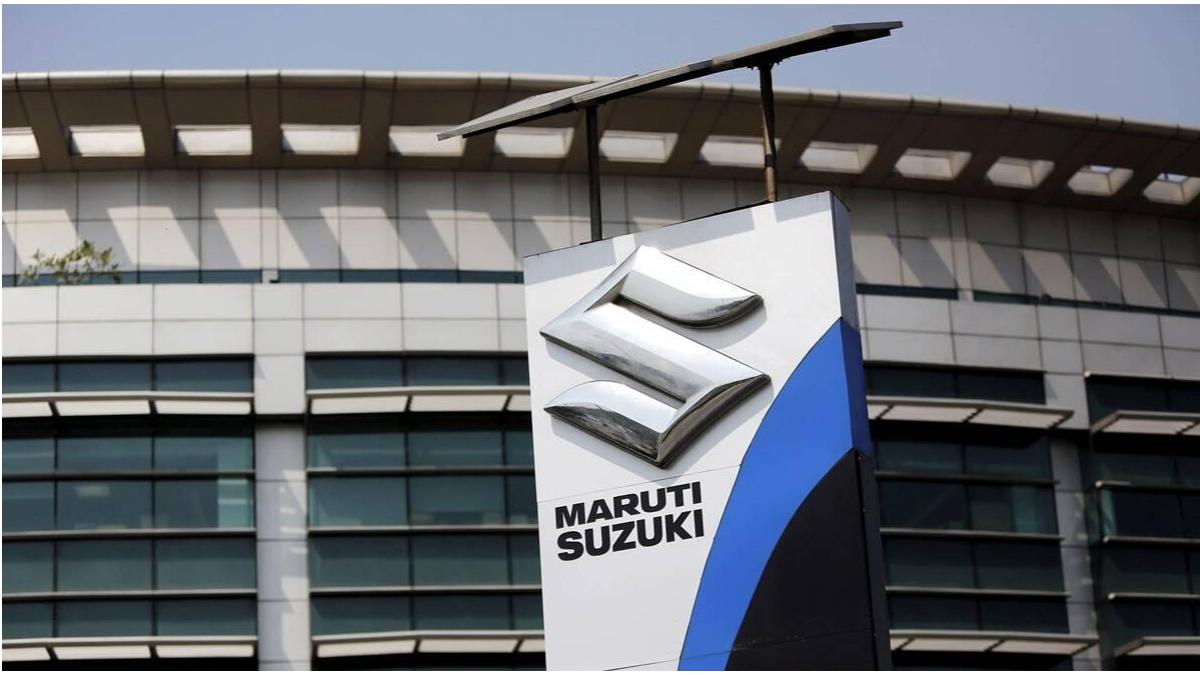Today, cancer surgery experts initiated a country-wide clinical trial exploring how giving colon cancer patients chemotherapy before surgery cuts their risk of the disease coming back.
The Cancer Research UK-funded FOxTROT trial showed that patients who had chemotherapy before surgery were significantly less likely to see their cancer come back, compared with those who got all their chemotherapy after surgery.
Prof. Dion Gregory Morton OBE is a leading colorectal surgeon at the University of Birmingham and a key part of this study. On 19th January 2023, the findings from FOxTROT were relased by the Journal of Clinical Oncology. The results show that patients with early stage colon cancer benefit from 6 weeks of chemotherapy before surgery, with a 28% reduction to the risk of cancer coming back within 2 years.
Led by expert cancer specialists in India, supported by Universities of Birmingham and Leeds, FOxTROT-Global is a pilot study, being run from India, in parallel to the on-going FOxTROT2 trial open in the UK and France – allowing experts to look at the feasibility and safety of conducting a subsequent full trial in Indian patients.
Twelve hospitals across India including Tata Memorial Hospital Mumbai, and Tata Medical Centre Kolkata have proposed to be part of the FOXTROT-Global as part of the FOxTROT2 Global trial – an international trial running in parallel in multiple countries across the world.
Prof Morton also leads the NIHR Global Health Research Unit on Global Surgery, a program where experts are working with medical professionals in India to set up an innovative research centre that will help improve care for surgical patients. First-ever surgical research hub in India is based at Christian Medical College and Hospital (CMC) in Ludhiana.
Prof. Morton told Financial Express.com that there are plans to set up more hubs across India. Two of the sub-hubs are already opened: one is Kolkata and another in Vellore. In an exclusive interaction with Financial Express.com Prof. Dion highlighted the importance of this trial, its scope in India and challenges with colon cancer among others. Exerpts:
What is colon cancer? How it is diagnosed and treated?
Colon cancer is one of the most common causes of death across the world. It is growing rapidly…both because of westernised diet and also because of longer leaving population. It is actually a very treatable cancer particularly if it’s diagnosed early. Its treatment is usually by surgery, with a combination of chemotherapy before or after surgery. Now if we can treat cancer early, then it’s completely curable. But at the moment, lot of cancer is advanced, particularly if there is no screening for this disease. So, if we can using a combination of chemotherapy into surgery we can actually improve survival and improve quality of life and get people back a healthy, full existence with appropriate treatment.
Could you please give some insight into your work with NIHR?
Certainly. I am delighted to speak to you on behalf of the global health research unit funded by the National Institute of Health Research (NIHR) in the United Kingdom. This unit comprises 6 different hubs across the world on three continents and the largest hub is based in India…in Ludhiana. This hub runs research across 100 hospitals across the country, involving every region in India. This research is designed to transform lives and improve survival and reduce morbidity across the country.
Last month, the results of the FOxTROT trial were released with significant outcomes. What is the reason for conducting this trial in India? Also, what is the surgical morbidity of colon cancer?
So, colon cancer when it is advanced does require major surgeries and that can be hazardous and difficult for the patient’s recovery. But actually curing often requires both chemotherapy and surgery. Now, the remarkable finding is that if we give a small dose of chemotherapy before surgery it actually improves the curative rate of the disease and reduces recurrence by 30 percent. So, one in three patients doesn’t get recurrence after treatment if the chemotherapy is given before surgery. So, it is the most powerful and surprising finding. Now, importantly, although it’s major surgery, giving a small dose of chemotherapy before surgery doesn’t affect the outcome of the surgery negatively. In fact, if anything, it helps people recover from surgery better. Perhaps because the patients are more stable before the surgery, perhaps because the disease is downstaged by the chemotherapy. Now, this is incredibly useful across the world because it’s much easier and quicker, and cheaper to give chemotherapy before surgery. So, we want to test this in frail patients who might be nutrition-wise depleted or have other illnesses, who might benefit from this treatment who wouldn’t otherwise receive full therapy for colon cancer. So, India is a very important pilot for this trial. This is being launched in partnership with 12 hospitals across the country and we are planning to launch the pilot on Friday in Delhi.
How you are planning to conduct this trial in India?
Certainly. The trial requires a combination of surgeons with oncologists and radiologists and histopathologists working together to make sure that the right patients are getting the right treatment for their colon cancer. So, we work towards a multi-disciplinary team in each hospital and that multi-disciplinary team then that team selects the patients for the FOxTROT Trial. The patients with locally advanced colon cancer will be eligible and then they will be graded on how frail they are then we will see whether the benefits of giving chemotherapy before surgery are seen in this group or whether these patients see a bigger benefit and we expect they will. So, this is the first trial of this type to be carried out in the world and it’s being led from India.
India as a country is very diverse not just culturally or religiously but genetically. India will be very different from your previous sample size. So, how you are going to categorise this diversity and what will be your expectation from this trial?
The genetic diversity of colon cancer in India is recognised but poorly understood. So, this study…the FOxTROT GLOBAL trial…will actually start to categorise this genetic diversity of colon cancer in India and look at what chemotherapy might work in patients in India as opposed to patients in America or Europe which is where all the trials are generally taking place. So, it may be we are not giving the best care to patients in India because we don’t fully understand the genetic diversity of colon cancer in India. So, this trial will be an important small step towards better understanding.
Could you please share the status of FOxTROT Trial 2 and 3?
Both trial and 2 and 3 are open. Trial 2 is for elderly patients in England and France and a small number of patients are already randomised. As you have correctly pointed out these are not the same patients that we would be seeing in India. So, we have to tests patients in India separately. Trial 3 is not for frail patients…its for fit or strong patients and in this trial instead of giving two types of chemotherapy before surgery we are going to introduce three types of chemotherapy before surgery and that trial is also just opening in England. So, we will be very excited if we can going forward also spread those trials in India so that we can test these new treatment regimens in India.
Other than India, will any other countries also participate as a part of FOxTROT GLOBAL?
The pilot is only being run in India and it is being led by Indian surgeons and Indian oncologists for patients in India. But if its successful we will be very keen to use it in other countries because chemotherapy before surgery is very cheap and cost-effective and it is safer and easier to deliver than after surgery. So, it will be appropriate in many countries across the globe. So, if we can deliver in India then we will definitely try and deliver in other countries.
What were some of the adverse events that you found during your UK Trial? How much were they significant or insignificant?
Actually giving three cycles of chemotherapy before surgery has very few side effects. Because most side effects with chemotherapy are cumulative. People don’t start developing until after they have more cycles of chemotherapy. So, it is really very safe. There were one or two patients whose WBC count was depleted by the chemotherapy and their surgeries were delayed. But that is really the only side-effect that we saw with any frequency at all. The second area that is area that we need to watch out for is that if the surgery is delayed then a certain proportion of patients may develop blockage of the bowels from the cancer. That occured very rarely…only in about 4 percent of the patients. Because we are monitoring the trial, the outcomes from those patients were very good. We are pleased with the safety record of the FOxTROT and it is this safety of the regimen that encouraged us to try this across the world. The outcome of the surgery is improved with this technique.
UK’s partnership with India’s SII for the COVID-19 vaccine has been quite successful. What more lies ahead with respect to the India-UK partnership in clinical research?
There is a lot of opportunity for the development of surgery in India to benefit both patients in India and the rest of the world. A new grant has just been awarded through the Ludhiana hub and this funding is to support the training for surgeons in laparoscopic surgery, reducing the size of the wounds and improving patients rapid recovery. This project will be launched next month and its called The Welcome Leap.








